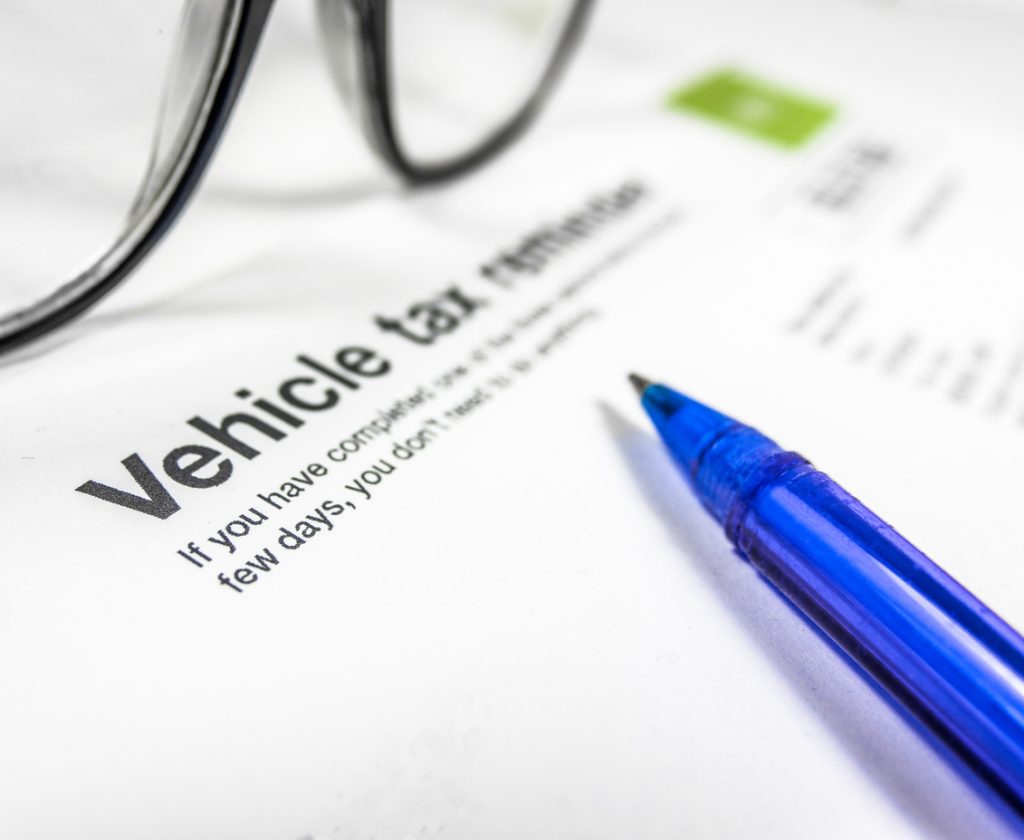In Nigeria, staying compliant with vehicle documentation isn’t just a matter of convenience — it’s a legal necessity. Among the key documents required for any vehicle owner is the road tax, also known as vehicle license or roadworthiness tax. Yet, many drivers still hit the road without paying it. Driving without tax may seem harmless at first, but it can lead to serious consequences, including fines, impoundment, or even legal action.
This article explains what driving without tax means in Nigeria, why it’s risky, and how companies like Travo.ng can help keep your travel and logistics operations fully compliant.
What Does Driving Without Tax Mean?
Driving without tax simply means using your vehicle on public roads without a valid vehicle license or roadworthiness certificate issued by the Federal Road Safety Corps (FRSC) or State Vehicle Licensing Office.
In Nigeria, every registered vehicle must have:
- A valid vehicle license (renewed yearly)
- A roadworthiness certificate (especially for commercial vehicles)
- A proof of insurance
When these documents expire and are not renewed, your vehicle is considered untaxed — making it illegal to drive on Nigerian roads.
The Legal Consequences of Driving Without Tax
Driving without valid tax in Nigeria violates the Federal Road Safety Act and can attract the following penalties:
- Fines: Offenders may pay between ₦10,000 to ₦20,000 depending on the state and vehicle category.
- Vehicle Impoundment: FRSC or VIO officials have the authority to seize vehicles with expired or missing licenses.
- Court Summons: In severe cases, drivers may face prosecution for flouting road regulations.
Beyond the fines, being caught driving without tax can disrupt your day, cause delays, and hurt your professional image — especially for business or logistics drivers.
Why Paying Your Vehicle Tax Matters
Keeping your road tax up to date isn’t just about avoiding penalties; it also ensures smooth driving and protects your vehicle’s value. Here’s why it’s important:
- Legal Compliance: You stay on the right side of the law.
- Peace of Mind: You can drive anywhere in Nigeria without fear of road checks.
- Better Vehicle Record: Regular renewal ensures your vehicle stays registered and traceable.
- Business Credibility: For logistics or transport companies, having up-to-date documents builds customer trust.
Companies like Travo.ng understand the importance of compliance. Whether you manage personal trips or commercial deliveries, Travo.ng’s trusted travel and logistics solutions ensure you operate efficiently and legally across Nigeria.
How to Renew Your Vehicle Tax in Nigeria
Renewing your vehicle tax is now simpler than ever. Follow these steps:
- Visit a Licensing Office: Go to your state’s Vehicle Licensing Office or the nearest FRSC office.
- Provide Required Documents: Bring your old vehicle license, proof of insurance, and roadworthiness certificate.
- Make Payment: Pay the renewal fee based on your vehicle type and duration.
- Collect Your New License: Once processed, attach your new vehicle license on your windscreen.
Tip: Renew your tax at least two weeks before expiration to avoid last-minute stress or penalties.
Stay Road-Ready with Travo.ng
Whether you’re a daily commuter or managing a fleet of vehicles, Travo.ng ensures your journeys stay stress-free and fully compliant. As a trusted logistics and travel company in Nigeria, Travo.ng helps individuals and businesses handle transportation needs seamlessly — from trip planning to delivery solutions — all backed by professionalism and reliability.
If you ever need expert assistance managing vehicle documents or organizing business logistics, Travo.ng is the name to trust.
Conclusion
Driving without tax in Nigeria isn’t worth the risk. It may seem like a small oversight, but the penalties and inconvenience far outweigh the cost of renewal. Stay compliant, renew your documents promptly, and drive with confidence.
For smooth, reliable, and professional travel or logistics solutions, Travo.ng is your trusted partner on every Nigerian road.







